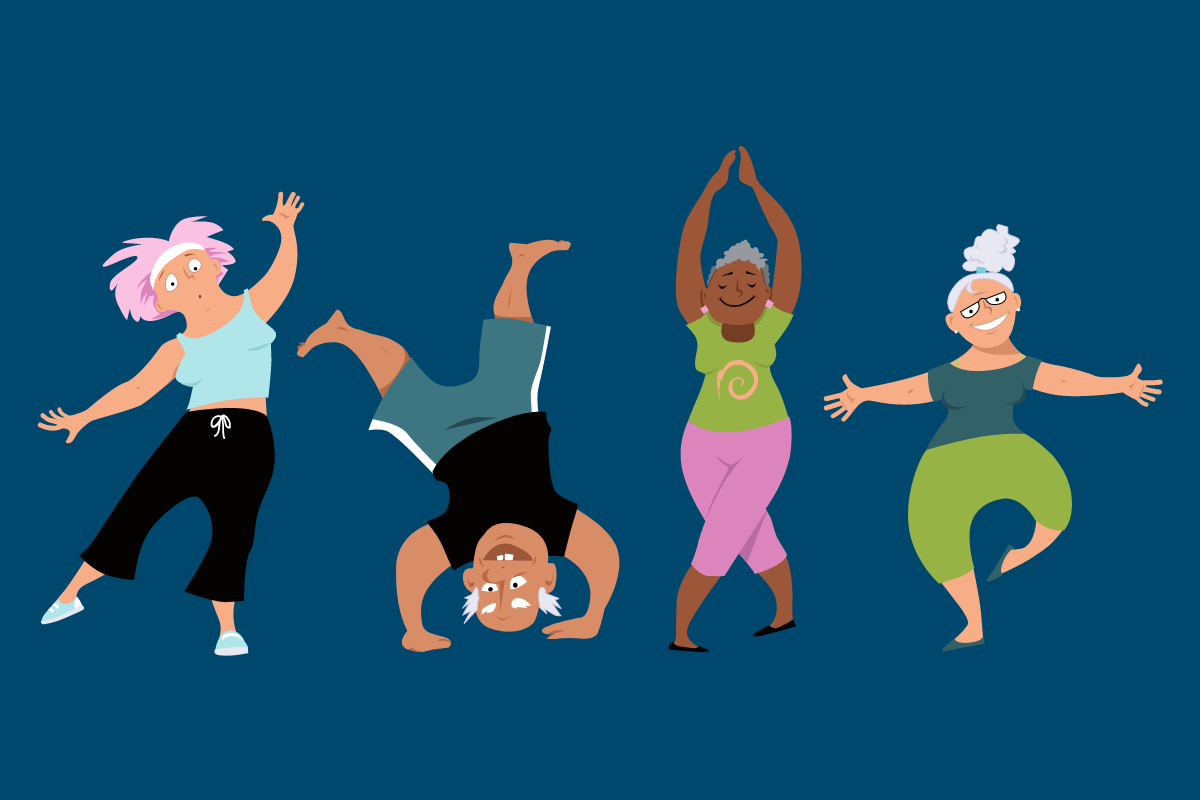Are you or an older loved one looking for ways to fill your days?
Staying socially, mentally, and physically active can help seniors maintain good mental and emotional health and reduce the risk of disease.
These 10 hobbies are perfect for seniors who like to keep busy and have fun.
1. Karaoke
Research shows singing can help with memory and orientation, especially in individuals with mild dementia.
If an outing to a karaoke bar seems a bit overwhelming, there are endless karaoke apps, games, and machines you can use at home. Karaoke is a great activity for all ages – perfect for visits with the grandkids!
2. Colour by numbers
Colouring or painting by numbers is an easy way to get creative and bring a picture to life. This can be a relaxing pastime to enjoy with your morning coffee or while watching TV.
Online colouring is another option if you have a computer or tablet.
3. Memories scrapbook and family tree
Take a trip down memory lane and put your time and love into a project you and your family can cherish for years to come.
Better yet, get the family involved and work on a memories scrapbook and family tree together – a lovely way to reminisce on good times.
4. Swimming
Swimming is an ideal way for seniors to get their daily physical activity in. It’s great for heart health and it’s easy on the joints. Not to mention, it can be incredibly relaxing.
You can enjoy doing some laps at your own pace or join a local water aerobics class – a great way to meet new people.
5. Brain games
Crosswords, Sudoku puzzles, word search puzzles and other brain games can help keep your problem-solving skills sharp while promoting mindfulness.
These can be found in book stores, newsagencies, and department stores, or you can do them online.
6. Nintendo Ring Fit or Wii Sports
You don’t have to be a tech genius to reap the benefits of gaming consoles. Nintendo Ring Fit and Wii Sports offer fun and easy games and activities that incorporate movement, making them a great way to do some exercise without leaving the living room.
You can set these games to your current exercise level and increase them as you feel stronger if you’d like a challenge.
7. Gardening
Several studies over the years have shown the many benefits being outdoors has our mental health.
Gardening is a great way to get some sunshine and fresh air. If your home doesn’t allow for a garden, why not grow some plants or tomatoes in pots?
8. Model building
Looking for a hands-on hobby? Plastic and wooden models come in kits of all sizes and assembly levels to suit all ages and abilities.
From vintage vehicles to iconic architecture, there are endless model building kits to get your hands on. This could be another activity to work on with family.
9. Birdwatching
Another great way to get outdoors, birdwatching can be enjoyed in national parks or on your local bushwalk. This handy guide lists some of the best spots to birdwatch in Queensland.
Make a day of it and pack a picnic!
10. Dance classes
Want to improve your strength and muscle function and have plenty of fun while doing it? Sign up to a dance class! You can join regular dance classes or find classes aimed specifically at older adults.
Dancing increases balance and flexibility, reducing the risk of injury. It’s also a great way to get out and meet new people.
RAQ offers a free Senior Social Connection Program (SSCP) to help older Queenslanders find community support groups and services and improve their social connections. Learn more here or call us on 1300 364 277.
Worried about an elderly loved one? We list 10 ways you can help lonely seniors in this blog post.



